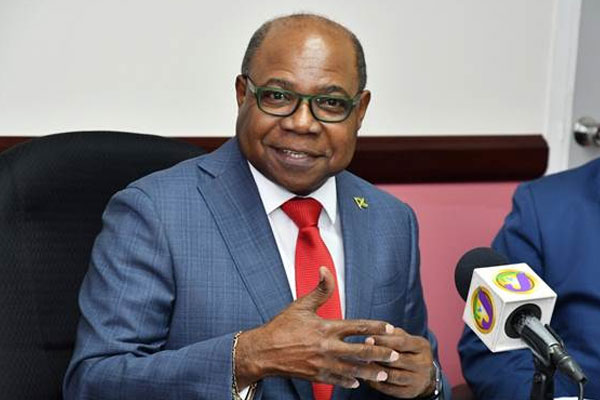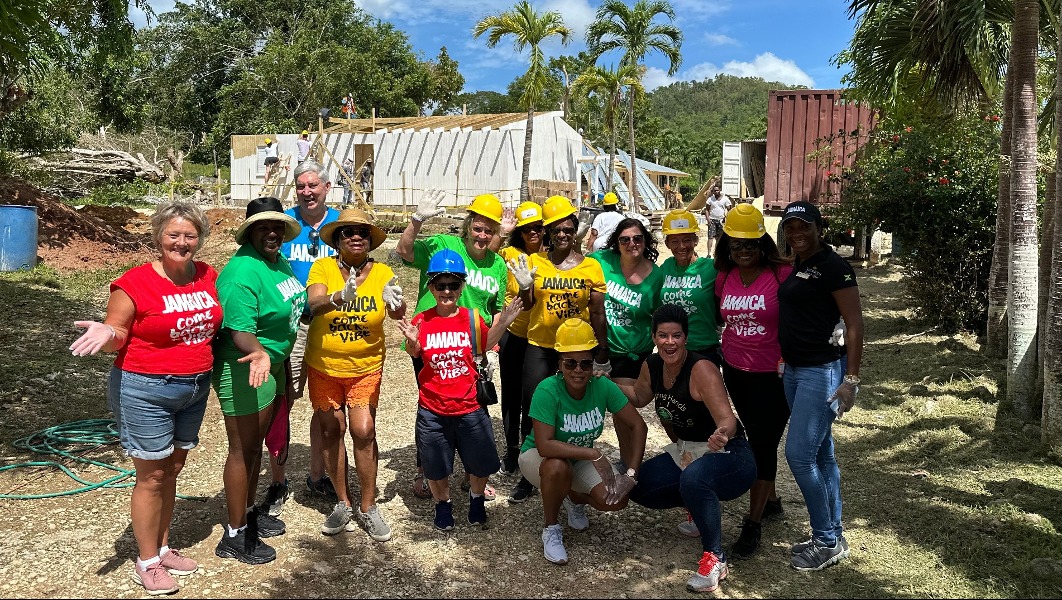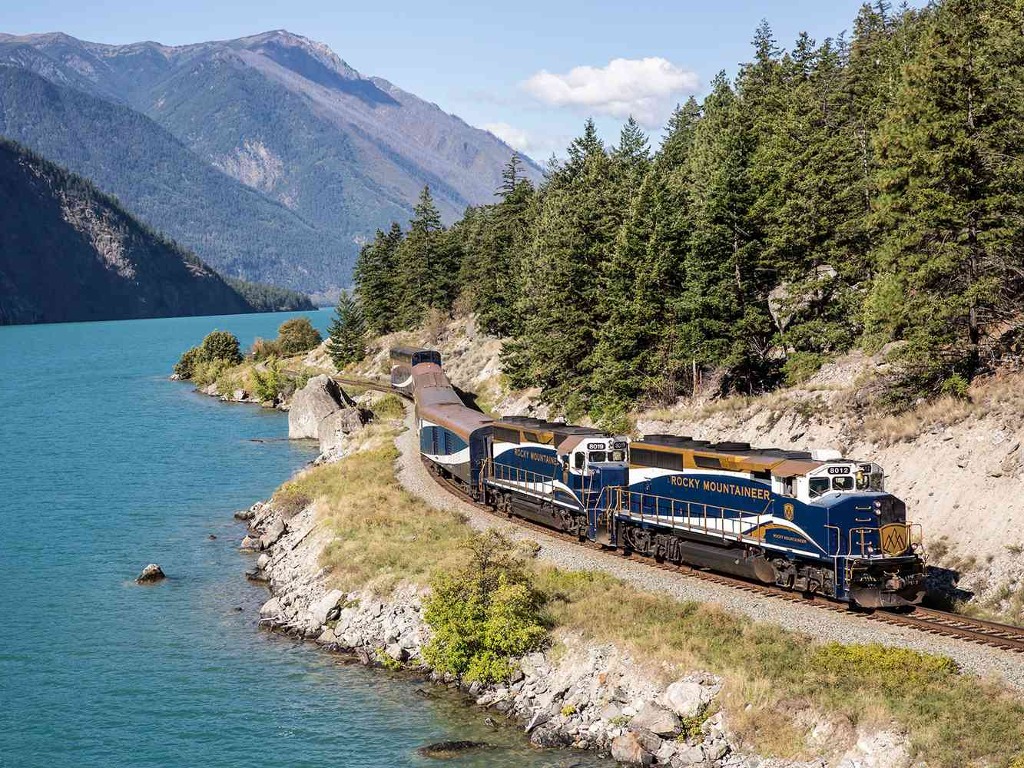A Day Of Resilience

The first Global Tourism Resilience Day will use a global platform to reach out internationally.
The Feb 17 event will be held at Expo 2020 Dubai, launched by Jamaican tourism minister Edmund Bartlett, and co-chairman of his brainchild, the Global Tourism Resilience and Crisis Management Centre (GTRCMC).
Global Tourism Resilience Day will be held nearly two years into the coronavirus pandemic, which has been hugely damaging to tourism.
“Jamaica is pleased to launch Global Tourism Resilience Day on February 17. The focus will be on the ability of countries to build capacity to respond to international shocks and to be able to predict with greater certainty their responses. It will also aid countries in understanding and mitigating the effects of these shocks on their development, but most importantly, it will help them manage and recover quickly afterwards,” Bartlett said.
The centre says 90% of tourism firms are small-to-medium-size enterprises and studies show that the majority are not prepared to respond to crises, so “destinations must lead. By launching an annual tribute to resilience and naming a day as such, the centre is bringing the need for the travel industry to focus on preparedness, crisis management, recovery and on-going resilience to the fore. Coupled with the launch of the day, the centre has partnered with the Global Travel and Tourism Resilience Council and the International Tourism Investment Corp. to provide an in-depth forum on resilience: How to prepare, plan and ensure travel entities minimize the impact of crises and thus can rebound and recover quicker. The day will stress the need to implement, not talk.”
The global tourism industry has generally been described as resilient, rebounding quickly after crises, but Bartlett said the pandemic has been particularly challenging.
“Over the past two years, the pandemic has tested this presumed industry resilience more than any previous disruptive event in modern history. It has forced all destinations, irrespective of size, location and attributes, into survival mode,” he said.
“It has also heightened consciousness; the industry cannot afford to be taken off-guard again. Instead, it is called upon to tourism to adopt a methodological, collaborative and institutional approach towards resilience. Destinations need to build the skills and knowledge for anticipating, preparing, responding, managing and learning from all disruptive events to ensure they are ready for the next event,” he added.
“The GTRCMC is thrilled to have an annual day, February 17, dedicated to resilience. We will strive to identify best practices, lessons learned and services that assist the industry in building resilience. Through the centre and its partners there will be academic rigor to support the shared knowledge around good practices,” said GTRCMC executive director, Lloyd Waller.
The theme for Global Tourism Resilience Day forum will be “Harnessing the Path to Recovery through Resilience and Investment” and it will highlight the links between tourism resilience and regeneration.

“In this regard, Dubai Expo offers a perfect space to showcase our work and build global partnerships with key decision makers continuing our mission to provide guidance to global, regional, and national tourism stakeholders,” GTRCMC and Resilience Council co-chairman, Dr. Taleb Rifai added.
The Expo has just surpassed 10 million visitors and has 108 countries represented in individual pavilions.
Those speaking in Dubai on Feb 17 include Andrew Holness, prime minister of Jamaica; Uhuru Kenyatta, president of Kenya; Adam Stewart, executive chairman of Sandals Resorts International and Julia Simpson, CEO of the World Travel and Tourism Council.
The centre, headquartered in Jamaica, was the first academic resource centre dedicated to addressing crises and resilience for the travel industry of the region. The GTRCMC assists destinations in preparedness, management and recovery from disruptions and/or crises that impact tourism and threaten economies and livelihoods globally. Since its inception in 2018, satellite centres have been launched in Kenya, Nigeria and Costa Rica. Others are in the process of being rolled out in Jordan, Spain, Greece and elsewhere.


